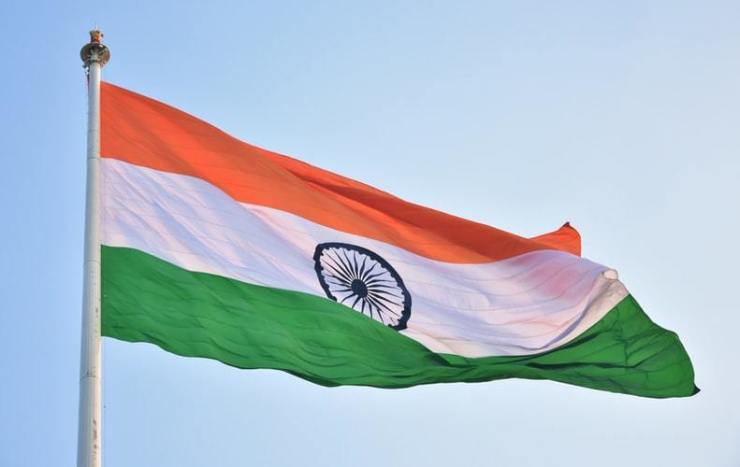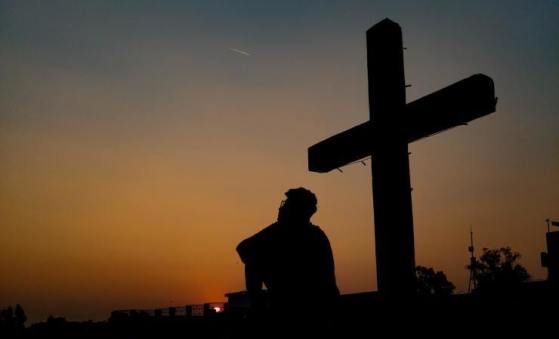
In a striking turn of events, influential religious leaders have openly criticised the Vishwa Hindu Parishad (VHP) for its role in managing the 'Pran Pratistha' (consecration) of the Ram Temple in Ayodhya. Simultaneously, concerns have been raised about Prime Minister Narendra Modi's planned inauguration of the 'semi-constructed' temple, with allegations of political motivations.
Nischalananda Saraswati, the 145th Jagadguru Shankaracharya of the Purvamnaya Govardhana Peetham of Puri, took a firm stance by announcing his decision not to attend the January 22 installation of Lord Ram's idol at the temple. Speaking at a religious event in Ratlam city, Madhya Pradesh, Saraswati expressed his dissatisfaction, emphasising the importance of adhering to traditional principles in the consecration process.
Saraswati remarked, "Our Mutt has received the invite for the January 22 event in Ayodhya, which says that if I want to come there, I can come there maximum with one person. Even if I was allowed to be there with 100 people, I wouldn't have gone there that day."
While acknowledging Prime Minister Modi's stance on not portraying himself as secular, Saraswati questioned the need for the prime minister to perform the consecration ceremony traditionally carried out by seers and saints. He pondered, "What will I do there as the Shankaracharya when Modiji (PM Modi) will touch the idol and install it there…”
In a similar vein, Avimukteshwaranand Saraswati, the 1008 Shankaracharya of Jyotish Peeth in Uttarakhand, voiced concerns about the deviation from established traditions in the consecration ceremony. He argued that consecration should only occur after the completion of construction, underscoring the incomplete state of the Ayodhya temple.
Taking a direct jab at Champat Rai, general secretary of Shri Ram Janmabhoomi Teerth Kshetra and a senior VHP leader, Avimukteshwaranand Saraswati challenged him to resign and hand over the temple to the Ramanand sect.
"If the Ram temple belongs to the people associated with the Ramanand sect, then this temple should be given to the people associated with the Ramanand sect before consecration. No one will have any objection to this," he asserted, clarifying that his concerns were not against Prime Minister Modi but aimed at preventing participation in anything 'anti-dharma.'
In a surprising move, the Congress party declared on January 10 that its leaders, including Leader of the Opposition Mallikarjun Kharge and party president Sonia Gandhi, would not be attending the consecration ceremony. Accusing the BJP and RSS of transforming the Ayodhya temple into a "political project," the Congress claimed that the inauguration had been expedited for electoral gains.
Jairam Ramesh, the Congress communication chief, remarked, “While abiding by the 2019 Supreme Court judgement and honouring the sentiments of millions who revere Lord Ram, Shri Mallikarjun Kharge, Smt. Sonia Gandhi, and Shri Adhir Ranjan Chowdhury have respectfully declined the invitation to what is clearly an RSS/BJP event.”
Meanwhile the VHP launched a scathing attack on the Opposition parties. Alok Kumar, the international working president of the VHP, suggested that by choosing to stay away from the event, the Opposition risked losing “core Hindu support.”
Responding to accusations from the Opposition that the VHP and the Bharatiya Janata Party were exploiting the temple ceremony for political gains, Kumar defended the invitation extended to all Opposition parties. He emphasised that on a public platform, anyone attending the ceremony would be given “proper respect.” Kumar added, “Still if they choose not to come, then it’s open for the people to assume that they are doing it for their minority vote bank. So it is by their conduct that they have deprived themselves of the core Hindu support.”
Addressing the controversy surrounding the consecration ceremony, Kumar clarified that the Pran Pratistha of the Ram Lalla idol would not be performed solely by Prime Minister Narendra Modi. He revealed that 12 other individuals, including RSS chief Mohan Bhagwat, temple trustees, and seers, would collectively participate in the ceremony.
In response to the diverse guest list for the Ram temple inauguration, Kumar disclosed that individuals from 150 categories, including politicians, film stars, sportsmen, businessmen, artists, and those who participated in the Ram temple movement, had been invited. He emphasised the inclusion of people from Schedule Caste and Schedule Tribes, as well as saints from Sikh, Jain, and Buddhist communities.




